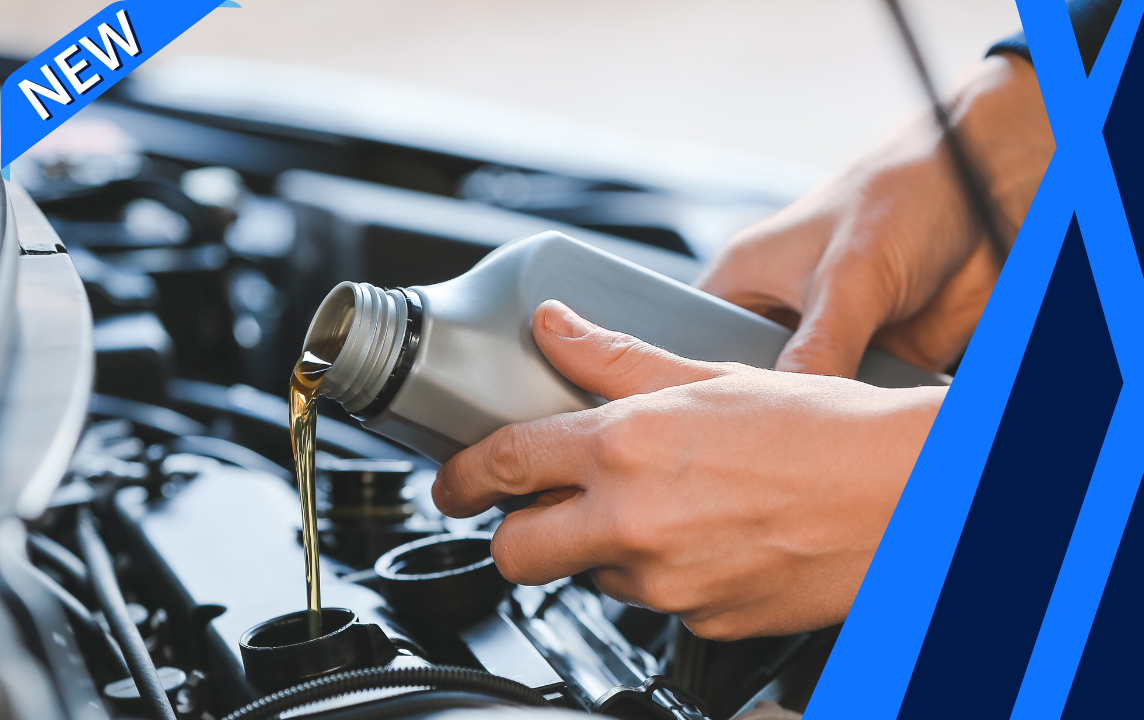Description
How this system works:
Every car has a system that circulates coolant, a mixture of antifreeze and water, through the engine to absorb heat created by the combustion process and the friction created by moving parts within the engine. The hot liquid is then air-cooled to dissipate the heat, and the process repeats, over and over again. If any component in that system stops working and you ignore the problem, your car’s engine will melt into a solid block of useless metal in no time flat.
A basic cooling system is made up of the following components:
- Radiator: The component where coolant goes to cool down. After the mixture of antifreeze and water has traveled through the engine, it is pumped through the small, thin, flat tubes of the radiator, which are air-cooled. This cooled liquid is then ready for another trip through the engine.
- Radiator hoses: These hoses are used to move coolant from one component to another. Hoses need to be regularly replaced as they become brittle and crack due not only to heat, but also to pressure in the cooling system.
- Water pump: The water pump pushes coolant through the system. Most are belt driven, except for those few in some hybrids and high-performance vehicles that are electric.
- Thermostat: The thermostat controls the flow of coolant depending on its temperature. When the engine is cold, it holds the coolant in the engine until it is up to temperature. The thermostat then opens and allows normal coolant flow to the radiator, so it can be cooled.
- Cooling fan: This fan is used for drawing air through the radiator when the vehicle isn’t moving fast enough to force it through naturally. Some fans are electric and some are belt-driven. But all cooling fans only operate when needed. The cooling fan is not in use during cooler ambient temperatures or when the vehicle is running at speed.
- Fan switch: The fan switch is a temperature sensor that tells the electric fan when to turn on and off.
Common reasons for this to happen:
An engine will overheat any time the cooling system is malfunctioning (i.e., when the coolant doesn’t absorb, transport, and dissipate heat effectively). Diagnosing the reason why your cooling system is on the fritz is more complex, but there are several common culprits of an overheating engine:
- Low coolant: Although said above, it is worth reiterating: Your engine relies on coolant to dissipate heat. If you don’t have enough coolant running through the system due to leaks, ruptured hoses, loose hose clamps, whatever heat will build up, and your engine will overheat. So check the coolant level regularly, make sure the ratio of water to antifreeze is correct per your owner’s manual, and have it changed every year. If the coolant is low, do not just top it off and forget about it. The cooling system is sealed and the coolant had to go somewhere. It may have leaked outside the engine and you just can’t see it yet or it has leaked inside the engine where you normally would not see it, but it had to go somewhere.
- Bad cooling fan: A cooling fan draws air through your radiator when your car isn’t going fast enough to ram it through on its own, such as in slow-moving traffic. A simple way to diagnose whether there is a problem with the fan is to let your car idle long enough to heat up. Then, look under the hood to see if it is running. If it’s not, call a mechanic immediately.
- Faulty thermostat: If your car regularly overheats at highway speeds, have the thermostat checked by a mechanic. But at highway speeds, your engine is doing a lot of work and needs a lot of help to keep from losing its cool. If the thermostat doesn’t open, not enough coolant will flow through the engine to keep it cool.
- Plugged coolant passageways: Your car’s radiator and cooling system need to be clean to be cool. Over time, the radiator builds solid deposits that can clog it and prevent the coolant from circulating properly. A quick, inexpensive radiator flush every year can keep the system in shape.
What to expect:
A top-rated mobile mechanic will come to your home or office to inspect the entire cooling system and determine the source and cause of the overheating issue. The mechanic will then provide a detailed inspection report that includes the scope and cost of the necessary repairs.
How it’s done:
The mechanic will check for any fault codes in the car’s onboard computer system. They will check the entire cooling system, looking closely for leaks and any mechanical damage. The mechanic will also check for any indication of major internal issues.
How important is this service?
Lack of cooling system maintenance is the number one cause of engine failure worldwide — not only in automobiles, but also in motorcycles, boats, and generators. In the ‘70s, there were issues with bearing failures. In the ‘80s, there were problems with pistons. In the ‘90s, the main problems were focused on oil consumption. Thanks to advancements is metallurgy, engineering, and manufacturing techniques, those failures are all a thing of the past. Keep clean oil in your engine and keep the engine cool, and it will enjoy a very long life of service.




